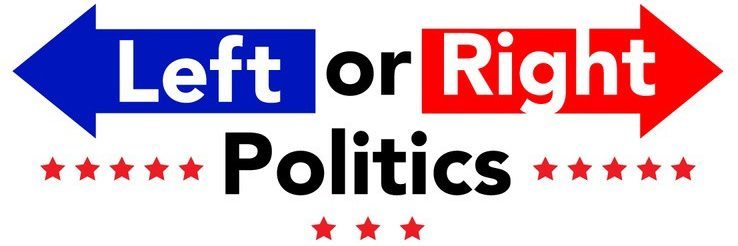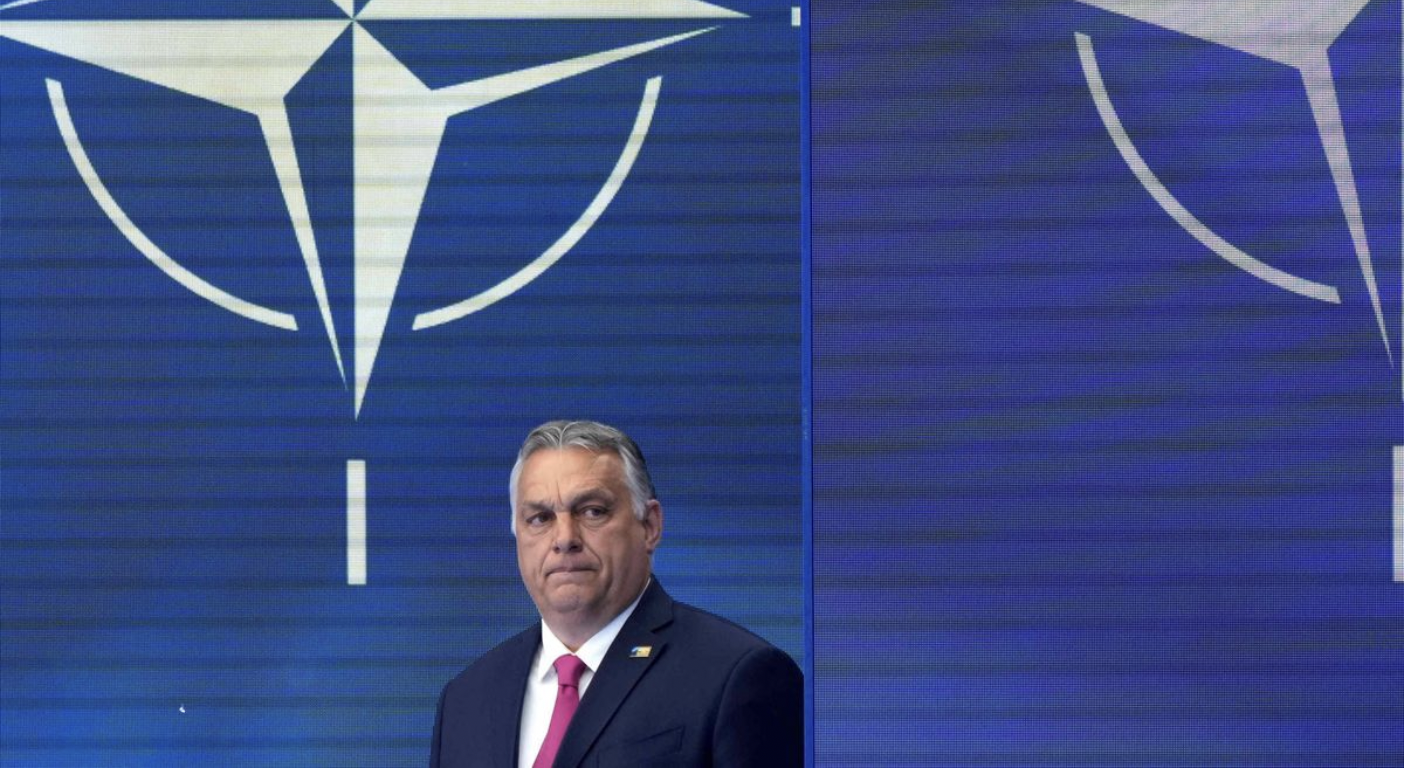A new bill in the Ontario Provincial Parliament through examination by one MPP from former Conservative Party Leadership Candidate Derek Sloan’s “Ontario Party,” appears to allow the state to seize private property including homes, bank accounts and vehicles without any warrant or trial.
This bill is designed to prevent another freedom convoy, but goes much further than that.
Rick Nicholls, the Ontario Party member who was removed from the Ontario Progressive Conservative caucus after refusing to get the COVID vaccine, said that although it may be “noble to prevent trucks from impeding critical infrastructure and trade routes,” he believes that the bill “goes much further.”
“The powers confirmed allow the seizure of all property including homes for far less than another convoy or blockade.”
For those that do not understand the complexities of Canadian politics, when a party member even so much as criticizes the leader of that party, they are promptly removed from the party altogether, forcing them to sit as an independent. This effectively destroys their career. There is no real equivalent to this in the United States.
Additionally, governments rarely repeal legislation simply adding to or amending it which in my opinion serves only the interests of administrative bureaucrats.
This bill, known as Bill 100 – The Keeping Ontario Open for Business Act although does not directly allow for the confiscation of private property, includes an amendment to another bill that does have that power, the Civil Remedies Act.
The Civil Remedies Act effectively gives the Crown the ability to confiscate and redistribute property used in a crime to those that are victims to those crimes, but the Ontario government’s proposed additions to this bill through Bill 100 says that these actions can also be taken in the event of “injury to the public.”
The amendment proposition defines injury to the public as:
- Any unreasonable interference with the public’s interest in the enjoyment of property.
- Any unreasonable interference with the public’s interest in questions of health, safety, comfort or convenience.
- Any expenses or increased expenses incurred by the public, including any expenses or increased expenses incurred by the Crown in right of Ontario, a municipal corporation or a public institution that belongs to a class prescribed by the regulations made under this Act.
As was pointed out by the Canadian Civil Liberties Association, these amendments are -obviously intentionally- very broad.
Canada internally has lost credibility as a free and democratic country. It hasn’t been that way in a long time, but now people are beginning to notice.
By: Bloo




